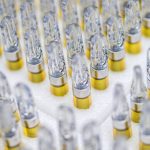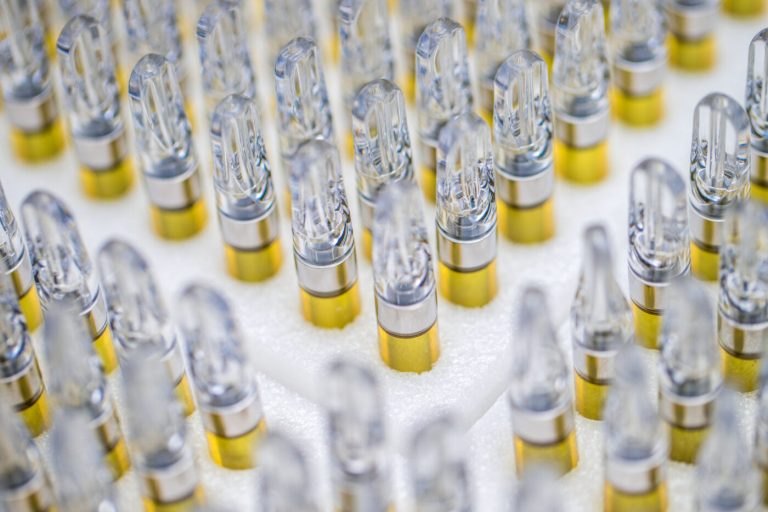Discover the distinctions between CBD and THC, two compounds derived from the cannabis plant or than that magic mushrooms are also available. Understand their effects, legality, and potential therapeutic benefits to make informed decisions about their usage. CBD (cannabidiol) and THC (tetrahydrocannabinol) are two prominent compounds found in the cannabis plant. While they both originate from the same source, they have distinct characteristics and effects. Understanding the differences between CBD and THC is essential for individuals considering their usage. In this article, we will explore the contrast between CBD and THC, including their effects, legality, and potential therapeutic benefits.
Chemical Structure:
CBD and THC have the same molecular formula (21 carbon atoms, 30 hydrogen atoms, and 2 oxygen atoms), but their atoms are arranged differently, leading to distinct effects on the body. THC has a psychoactive structure that binds directly to the cannabinoid receptors in the brain, resulting in the “high” associated with marijuana use. On the other hand, CBD does not have psychoactive properties and does not produce intoxicating effects.
Psychoactive Effects:
THC is renowned for its psychoactive effects, which can induce euphoria, relaxation, altered perception of time, and increased appetite. These properties make THC popular for recreational use. In contrast, CBD does not produce a psychoactive “high” and is generally well-tolerated by users. It may even counteract the psychoactive effects of THC when both compounds are present. Also, try with lsd edibles
Medicinal Benefits:
Both CBD and THC have shown potential therapeutic benefits, although their applications differ. It has found application in managing symptoms associated with conditions such as chronic pain, cancer, and multiple sclerosis. It has been explored as a possible treatment for epilepsy, anxiety disorders, insomnia, and certain forms of chronic pain.
Side Effects:
THC can cause temporary side effects, including impaired memory, coordination, and concentration. It may also induce anxiety and paranoia, especially in high doses or in individuals predisposed to these conditions. CBD, on the other hand, is generally well-tolerated, with reported side effects being rare and mild. These may include fatigue, diarrhea, and changes in appetite or weight.
Drug Testing:
As THC is psychoactive, its presence in drug tests is a concern for individuals subject to testing. Using CBD products that contain only trace amounts of THC (within legal limits) is less likely to result in a positive drug test. However, it’s important to choose CBD products from reputable sources that provide third-party lab testing to ensure THC levels are within legal limits.

















